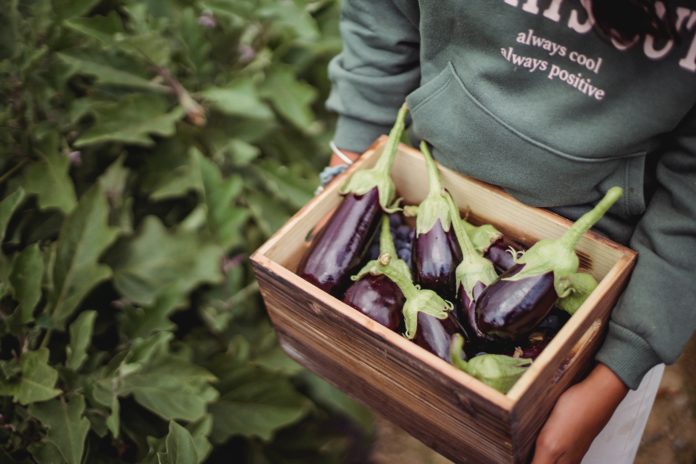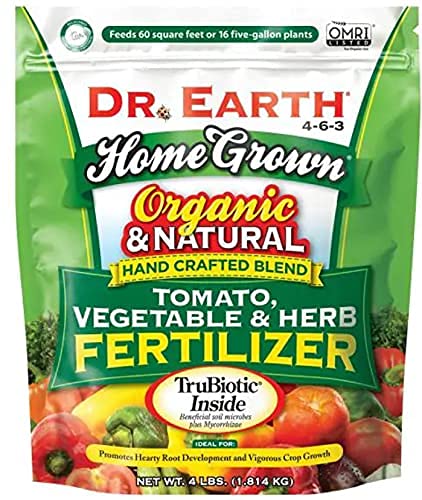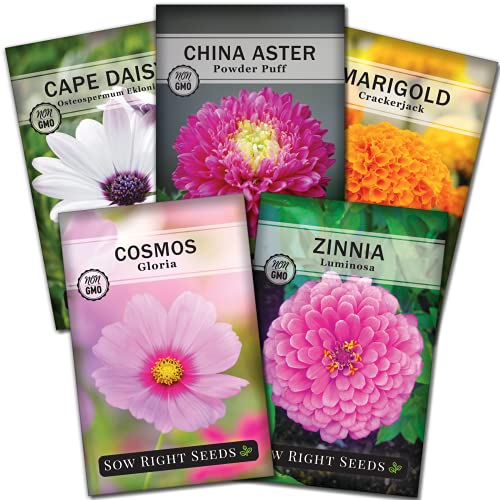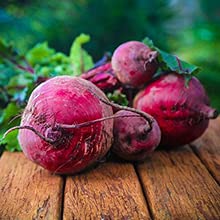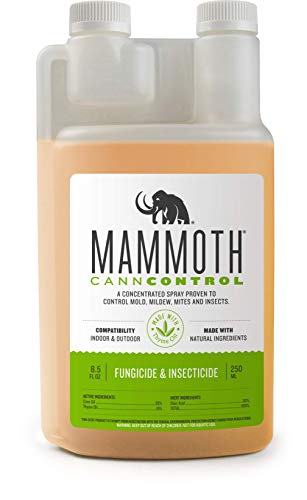The start of gardening is the beginning of ensuring sustainable food security throughout the year. With increased concerns and demand for healthy eating, organic gardening is the way forward. Ensure your family is secure with healthy and fresh produce free of chemicals direct from your garden.
There are numerous reasons to start organic vegetable gardening, including fun, healthy eating, and food security. However, some start organic gardening for survival and food sustainability. Are you among those starting organic vegetable gardening for survival food sustainability but have no idea where to start?
Read on, as this article contains detailed research on various tips that one can use to set up an organic vegetable garden for survival food and sustainability.
Ten Tips on How To Set Up An Organic Vegetable Garden
Prepare the soil for organic vegetable gardening
If you want to have a healthy organic vegetable garden, high-quality soil is essential. Especially if you are in urban areas, the soil is likely to have poor drainage. While some vegetables can survive in poor soil, it is essential to improve the soil quality for better results.
Start by soil testing to determine its quality before deciding on how to improve it. Understanding the soil pH can assist in determining the ease of nutrient accessibility of the vegetables. There are numerous ways through which you can improve the soil pH and nutrient availability.
Gardening in a Crisis: Survival Gardening 101 and What I am Planting
Also, you want to ensure that your soil has the required level of organic matter necessary to improve soil structure, improve drainage and moisture retention and enhance soil fertility. If there is a need to improve the soil organic matter, prepare composite manure using safe organic materials.
Find the right plants/ seedlings
Now that you have the right soils for organic farming, you need to select the right seeds or seedlings. Remember that it is not possible to have organic vegetables without using organic seeds, no matter how well you prepare the garden. Also, determine the type of vegetables likely to grow healthily in such soil conditions and status.
Your local farmer’s market can assist you in deciding the best organic vegetables to grow, as they are aware of the varieties that do well in your area.
The best way to ensure you get the right seeds is by searching the internet. There are so many seed companies selling certified organic vegetable seeds on Amazon. Even if you decide to purchase from your local farmer’s market, consider checking those options online from a trusted site like Amazon to ascertain if they are organic.
Whichever place you decide to purchase your seeds, ensure the packet has a USDA organic logo guaranteeing that the content meets the national organic standards.
Use organic gardening fertilizers
Now that you have prepared your garden organically and have secured organic seeds, it is time that you maintain the soil by use of organic fertilizers. Fertilizers are known to boost the growth rate and increase the yields of vegetables. No matter how rich your soil is, it needs to be fed with fertilizers for better results.
Organic Vegetable Garden Fertlizer
There are two types of organic fertilizers which include composite manure and organic fertilizers bought online. The composite manure is made of organically grown plant remnants free of pests and diseases but rich in nutrients. When it comes to pre-packaged online, organic fertilizers Down to Earth Organic Vegetable Garden Fertilizer 4-4-4 is an excellent example available on Amazon. Also, these organic fertilizers are available at home improvement stores and local market garden centers.
However, if your soil is rich in nutrients, avoid adding additional fertilizers until there is a need to improve the soil.
Promote Insect pollination
Vegetables rely on nature for successful growing. As such, pollination is a significant aspect of growing vegetables organically. For bees and other pollinators to visit your garden, you need to plant flowers in the garden or nearby.
Flowers will encourage the pollinators to visit your garden resulting from cross-pollination.
Make composite and mulch
The best way to maintain an organic vegetable garden is to prepare your composite and mulching material. Composite material aims to maintain moisture, provide nutrients, worms, and other microbes that assist in soil improvement.
You can easily prepare composite material by piling up different leaves, grass, garden clippings, and other decomposable organic household waste like coffee grounds.
Get This Composite Material Handbook
However, the composite material must be made of clean materials free of diseases and pests. Otherwise, if they are not clean, they can transmit diseases that may threaten the successful growth of your vegetables.
Plant heirloom varieties
Heirloom vegetable varieties have been around the longest. They are known to be more disease resistant than the current hybrid varieties that are more susceptible to diseases. They also have additional advantages over the current modern hybrid varieties.
Buy Packs of Heirloom Vegetable Varieties
They include excellent taste, cheap and more nutrients. Besides, it is possible to save this year’s seeds of heirloom vegetables and grow them next year, something you cannot do with hybrid varieties.
Employ companion planting principles
Naturally, certain plants perform well when planted together. This is because some plants like legumes are known to improve soil quality, which is necessary for ensuring a healthy organic vegetable garden and high production.

Other plants and flowers contribute to cross-pollination, increase yields, deter insects, improve flavor, and minimize diseases. Conduct the necessary research to determine which companion plants are compatible with your vegetables.
Prepare raised bed
Having raised beds is one way of ensuring your vegetables have rich organic soil and can extend the growing season significantly. During the spring, the soil in the raised bed will warm up easily, making it easier to weed or harvest than bending down to the ground.
However, be careful not to use pressure-treated wood to build the raised beds.
Manage vegetable pests organically
Garden pests and diseases can affect organic gardens. While heirloom varieties are known to withstand diseases and pests, that doesn’t mean that one should not intervene. Integrated pest management is one way through which you can intervene.
Organic Pesticides for Indoor and Outdoor Plants
Also, some beneficial insects can prevent harmful ones from harming the crops by eating them. An excellent example of such beneficial insects is the lady beetle.
Crop rotation
When dealing with organic vegetable gardens, it is best to practice crop rotation. It is a common technique that helps farmers control pests and diseases while improving soil quality naturally.

When practicing crop rotation, it is best to consider leguminous plants from time to time as they are known to facilitate microbial activities resulting in improved soil nutrients.
Despite having a stable stream of income, it is essential to have a second plan if that source fails to deliver as expected. For instance, after COVID-19, most people worldwide have had their income streams affected, resulting in an increased need for government intervention in supplying free food. Also, due to increased demand for healthy eating, there is a need to have an organic vegetable garden.
However, if each one of us had an organic garden, the issue of hunger could be history. If you were unsure how to prepare an organic vegetable garden, I hope these ten gardening tips have laid the foundation necessary to get you started.






